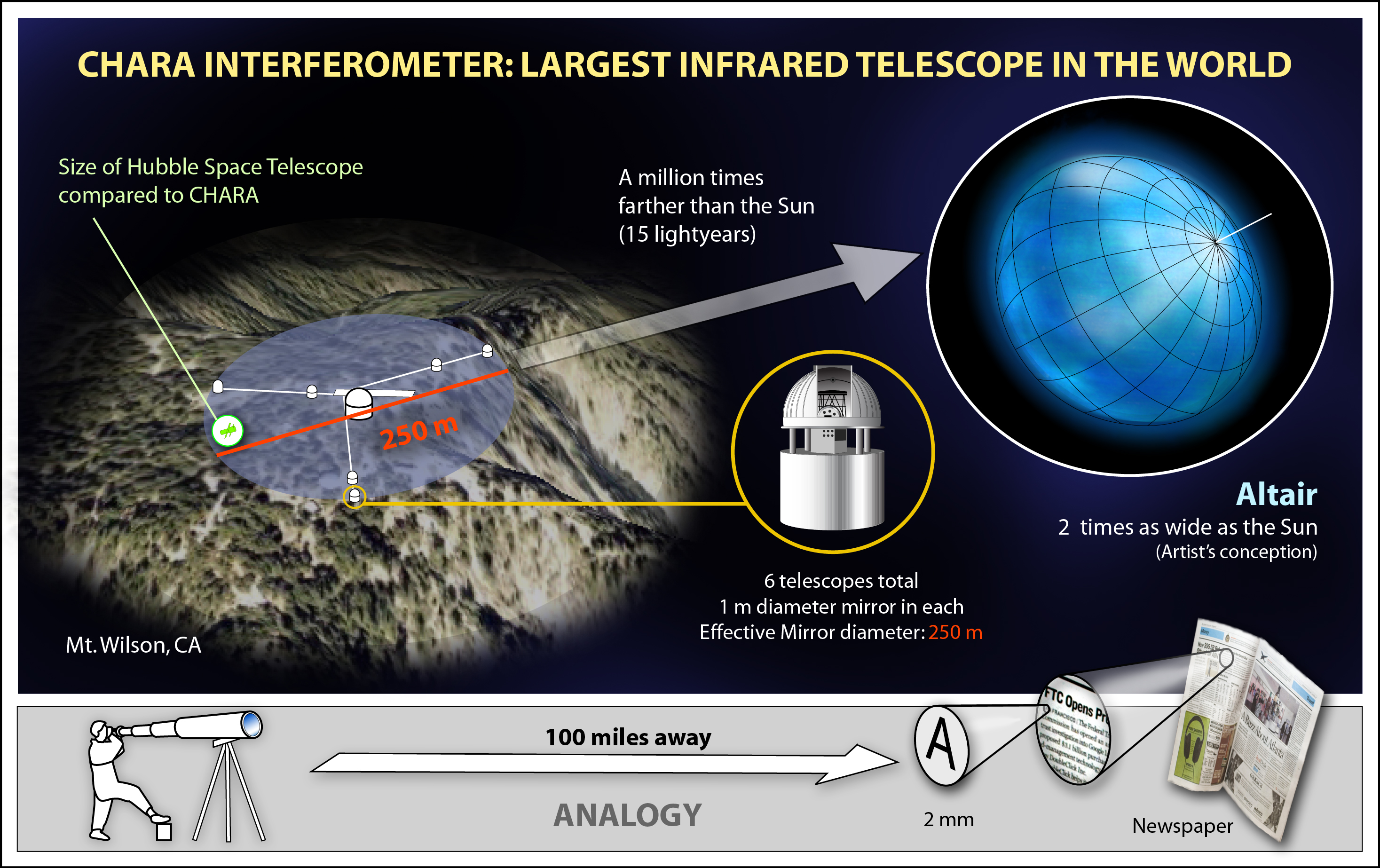Subscribe to the newsletter
[x]
Stay in touch with the scientific world!
Know Science And Want To Write?
Apply for a column: writing@science20.com
Donate or Buy SWAG
Please donate so science experts can write
for the public.
At Science 2.0, scientists are the journalists,
with no political bias or editorial control. We
can't do it alone so please make a difference.
We are a nonprofit science journalism
group operating under Section 501(c)(3)
of the Internal Revenue Code that's
educated over 300 million people.
You can help with a tax-deductible
donation today and 100 percent of your
gift will go toward our programs,
no salaries or offices.
- Object-Based Processing: Numbers Confuse How We Perceive Spaces
- Social Media Is A Faster Source For Unemployment Data Than Government
- Males Are Genetically Wired To Beg Females For Food
- Gestational Diabetes Up 36% In The Last Decade - But Black Women Are Healthiest
- 2025 The Year Idiocracy Was Utopia Compared To Reality
Interesting insights from outside Science 2.0
Who's
Online?
Online?
© 2026 Science 2.0
















